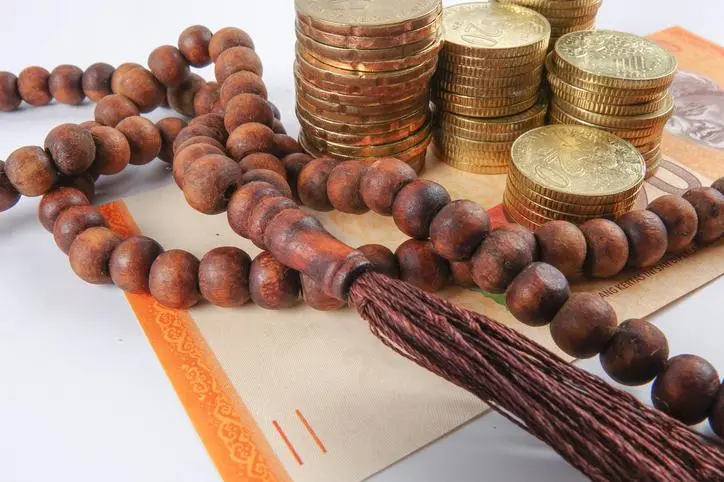PHOTO
Sukuk issuances will grow from $162 billion in 2019 to $174 billion in 2020 as governments look to tap them to meet funding requirements post COVID-19, according to global data provider Refinitiv.
In a webinar, Redha Al Ansari, Head of Islamic Finance Research at Refinitiv, said the third quarter of 2020 saw the second highest instance of sukuk issuances, at $48 billion, after the first quarter of 2019, which reached $55 billion.
“We believe that it will increase, if sukuk keeps the same pace as it has in the past three quarters, given increased funding requirements by governments, we suggest that sukuk may reach $174 billion by the end of the year,” he said.
In an online survey during the webinar, 40.7 percent of participants also agreed that sukuk issuances will increase in 2020. Another 13 percent said it will stay the same, 23.1 percent said it will decrease to $145 billion, while another 23.1 percent were undecided.
According to Refinitiv, $131 billion had already been issued as of the end of the third quarter of 2020, surpassing the total value of issuances in 2018, 2017 and 2012.
A total of $1.35 trillion worth of sukuk have been issued since the first sukuks were issued in 1990. However, Islamic finance will be more heavily impacted by COVID-19 than conventional finance, Al Ansari said.
“COVID-19 is expected to have a more severe and deeper impact on Islamic finance, which may be because, the nature and the structure of Islamic finance, compared to conventional bonds,” he said.
“They are more aligned to and have higher exposure to SMEs, microfinance and retail lending, especially if we look at countries like Pakistan and Indonesia.”
At present, there is more than $600 billion in outstanding sukuk, which provides ample liquidity and investments for investors, said Al Ansari.
The largest category in terms of lengths of term for outstanding sukuk is the 5-10 year bracket, accounting for $152.4 billion, Refinitiv data showed.
Green sukuk is one of the fastest growing categories in the last four years, with $7.6 billion worth issued since 2017. Indonesia is the largest issuer of green sukuk with 37 percent, followed by Saudi Arabia with 32 percent, the UAE with 16 percent and Malaysia with 15 percent.
Al Ansari said green sukuks are ‘the way forward’, as COVID-19 has pushed governments towards tapping into them due to an increased requirement and awareness of environmental and social responsibility.
“One of the challenges is the investor appetite, a lot of it is about educating the investor that the return from green sukuk has been even been better than some general sukuk,” he said.
(Reporting by Imogen Lillywhite; editing by Seban Scaria)
(imogen.lillywhtie@refinitiv.com)
Disclaimer: This article is provided for informational purposes only. The content does not provide tax, legal or investment advice or opinion regarding the suitability, value or profitability of any particular security, portfolio or investment strategy. Read our full disclaimer policy here.
© ZAWYA 2020





















